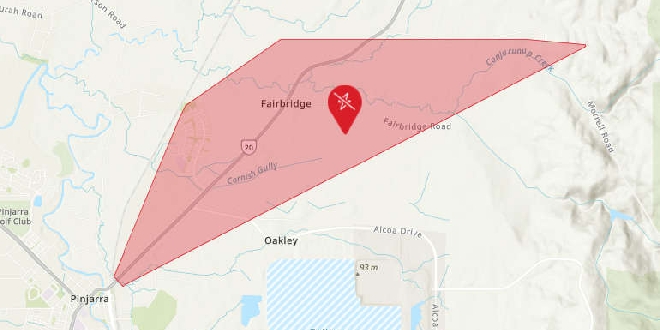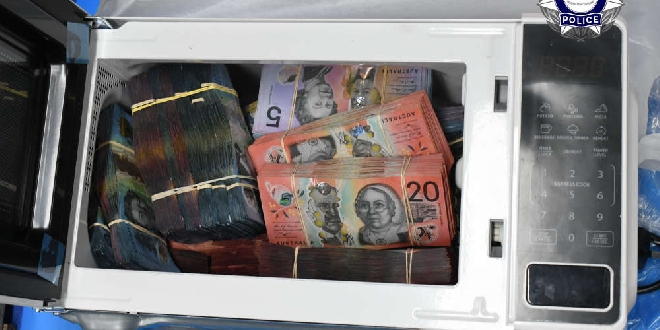
We're being warned not to fall for scammer's puppy dog eyes with hundreds of Aussies losing money to the online ruse.
Scamwatch has received 584 reports of Australians who lost money to fake advertisements pretending to sell puppies.
More than $310, 000 was lost to the scams in the past 12 months with ACCC Deputy Chair Delia Rickard concerned about the new set up.
“Puppy scammers play on people’s emotions who have their heart set on a particular breed. Once they see that cute puppy picture in an ad, they drop their guard and tend to miss the warning signs they’re dealing with a scammer,” she said.
“Scammers will advertise puppies they know are sought after, particularly pedigree breeds.
"Reports to Scamwatch show the majority of people have been contacted by scammers via email or online through classified sites and even social media.”
People in the 25–34 age group reported losing the most money to this scam and women are three times more likely than men to get caught out by these scams.
People are warned to look out for signs that they could be dealing with a puppy scammer, including claims of moving interstate or overseas and that you will need to pay for transport or medical costs before the puppy can be delivered.
Another common lie involves the scammer claiming that the puppy is overseas and it can’t be delivered unless a payment is made due to customs or quarantine issues.
“If you hear these tales from a ‘seller’, stop all communication with them. The puppy, sadly, isn’t real and if you make those payments, you’ll lose your money,” Ms Rickard said.
Ms Rickard said if it seems too good to be true, it probably is.
"Scammers will place ads selling pedigree pups at cheap prices. Don’t fall for it,” she said.
“Don’t believe the ad is legitimate just because you see it on reputable websites, social media or even your favourite newspapers.
“It’s also worth doing an internet search using the exact wording in the ad. Scammers get lazy and use the same wording over and over again. People are good at sharing intel like this online to save others from getting caught.
“Finally, if you are in doubt, seek advice from someone in the industry such as a reputable breeders association, vet or local pet shop.”



 Stolen Ford Mustang linked to southern suburbs incidents
Stolen Ford Mustang linked to southern suburbs incidents
 Baldivis: Truck fire forces closure of Kwinana Freeway
Baldivis: Truck fire forces closure of Kwinana Freeway
 Concerns for missing Baldivis girl
Concerns for missing Baldivis girl
 MARC leisure pool, pirate playground to close for several weeks due to maintenance works
MARC leisure pool, pirate playground to close for several weeks due to maintenance works
 Petition launched to change new Eastern Foreshore playground due to safety concerns
Petition launched to change new Eastern Foreshore playground due to safety concerns
 Parts of Pinjarra, Fairbridge without power
Parts of Pinjarra, Fairbridge without power
 Bouvard scrub fire deemed suspicious
Bouvard scrub fire deemed suspicious
 Peel Thunder crush Perth in WAFLW season opener
Peel Thunder crush Perth in WAFLW season opener
 Baldivis man charged after AFP seize haul of cigarettes, vapes, $2.6M cash
Baldivis man charged after AFP seize haul of cigarettes, vapes, $2.6M cash